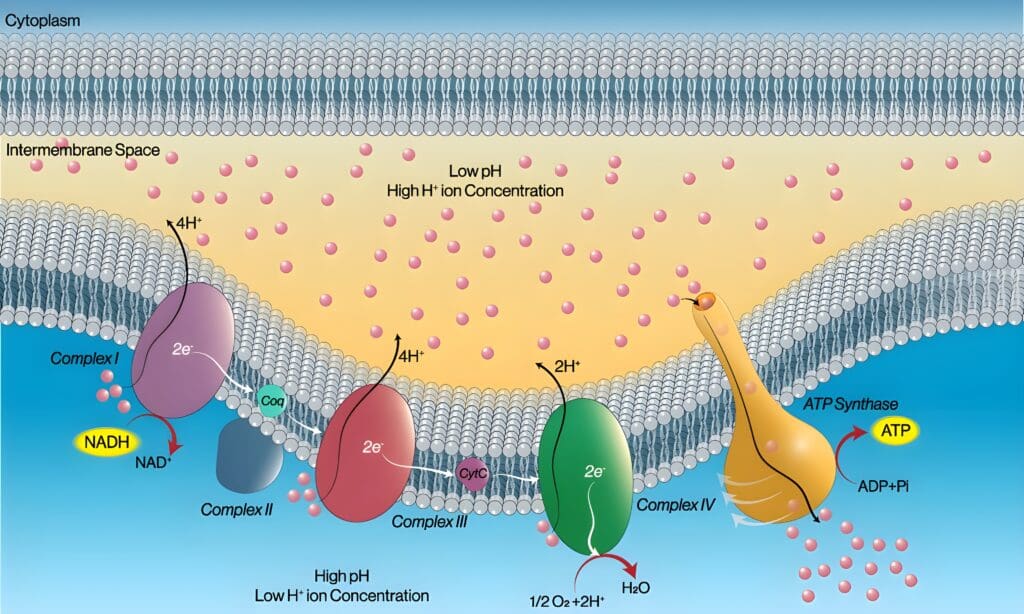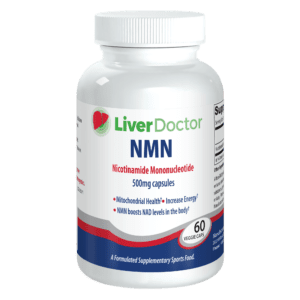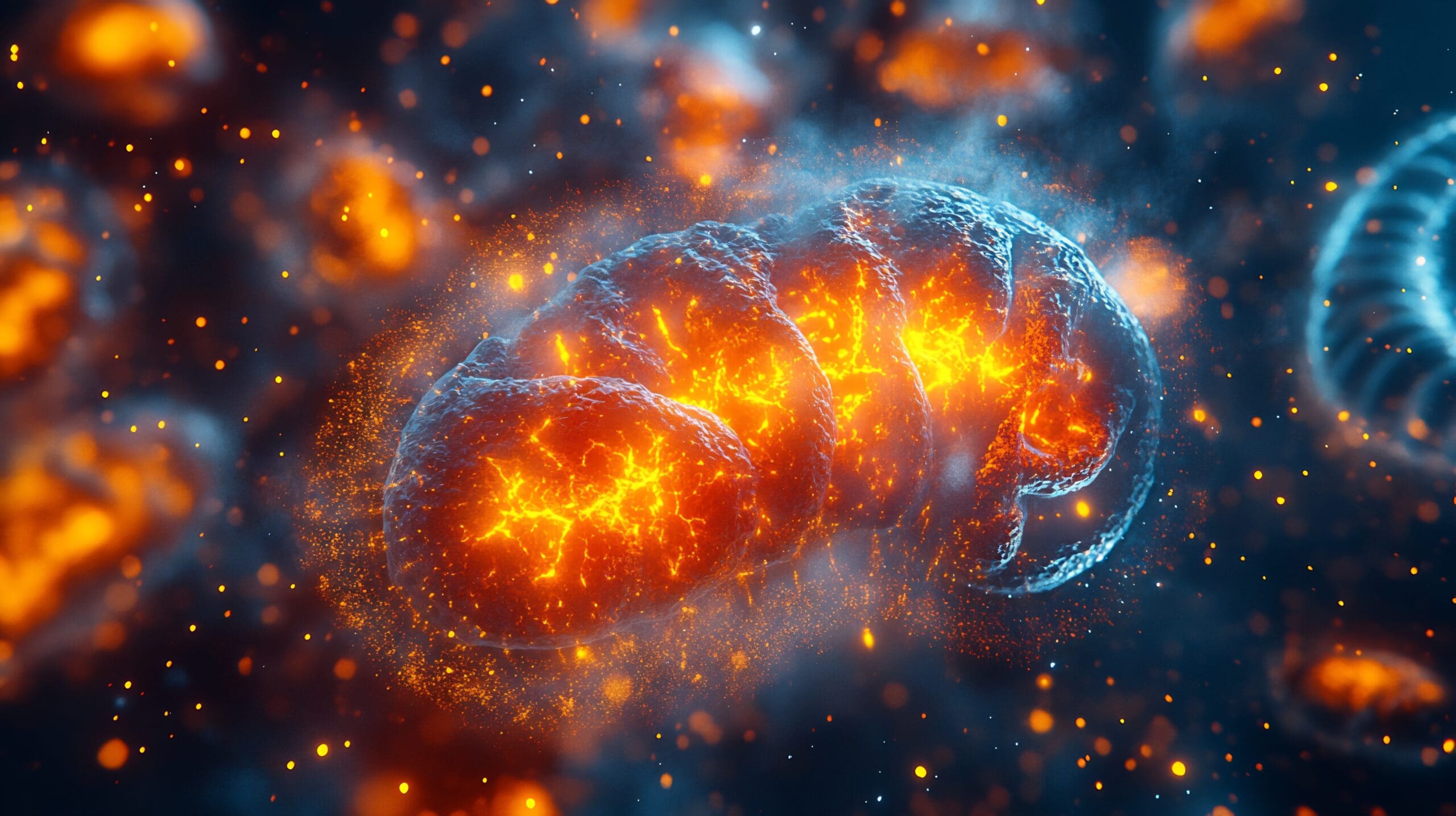Revive Your Energy at the Source — Support Your Mitochondria Naturally!
Do you need more energy?
- Do you suffer from persistent or frequent fatigue even though you have a good diet and lifestyle?
- Has your doctor done tests to check for the cause of your persistent tiredness and found no leads?
- Do you wake up tired even though you had a good sleep?
- It is most likely due to problems with your mitochondria.
Tired folks often rely on stimulants to get them going and to keep them going, and these include caffeine, nicotine and sugar.
The way these stimulants work is they tell your adrenal glands and nervous system to release stored adrenalin and dopamine. This causes a temporary spike in these stimulatory neurotransmitters. Unfortunately, this energy spurt only works for a short time. Eventually your adrenalin stores become depleted, and you slump into fatigue. What you need is sustained energy!
Let’s talk about the mighty mitochondria
The energy in our body is produced in our cells by mitochondria, and people who struggle to have enough energy to function can benefit by improving their mitochondria.
Mitochondria are the energy factories found inside all the cells in your body (except red blood cells). Mitochondria vary in number according to the cell type. Liver cells contain 1000–2000 mitochondria each and muscle, sperm and heart cells contain around 5,000 mitochondria per cell. It is estimated that a brain cell (neuron) contains 1 to 2 million mitochondria – so it takes a lot of energy to make neurotransmitters which enable us to think, feel and move.
Cells which need more energy, contain more mitochondria.
Mitochondria convert the food you eat into a form of energy that your cells can use called adenosine triphosphate (ATP).
Adenosine triphosphate (ATP) is made up of sugar, nitrogen and three phosphate groups. It is incredible to know that your body makes its weight in ATP every day! This ATP powers everything from physical activity to the manufacture of brain chemicals and hormones.

Is there an energy producing molecule?
Yes, there is, and it’s called Nicotinamide Mononucleotide (NMN)
What are the Functions of NMN?
-
NMN is critical for mitochondria to make energy.
-
NMN is turned into NAD (nicotinamide dinucleotide), which is vital for energy production (ATP) in the mitochondria.
-
NMN is a direct, stable and immediate precursor to NAD that supports increased energy by boosting your cell levels of NAD.
If your mitochondria do not produce enough ATP, you will suffer from severe fatigue and often increased inflammation.
NMN is generated naturally in your body from vitamin B3, but this conversion may not happen efficiently in people with inflammation or toxin overload.
What happens when NAD+ levels are low?
NAD is a super molecule, but unfortunately our body doesn’t have an endless supply of it. NAD levels slowly decline as we get older, and this can lead to reduced DNA repair and reduced energy. Apart from getting older other factors such as nutrient deficiencies, exposure to toxins, excess body fat and inflammation can interfere with your body’s production of NAD. This can cause fatigue, a slower metabolic rate, faster aging and cognitive decline. Supplementing with NMN helps improve your body’s ability to produce NAD, keeping you younger and healthier for longer.
Studies indicate that in middle-aged, our levels of NAD plunge to half the amount present in our younger years. This can result in fatigue, accelerated ageing and reduced mental performance.
NMN has the added benefit of increasing insulin sensitivity which means you are less likely to develop insulin resistance and type 2 diabetes. Poor function of mitochondria is very common today because of environmental pollution, microplastics, processed foods, and the overuse of prescribed medications such as statins, antibiotics, and paracetamol etc.
Free radicals damage mitochondrial membranes, and this causes your mitochondria to become “leaky.” The result is low energy production, damage to mitochondrial DNA, and impairment of all cell functions. Supplementation of NMN assists in the reversal of mitochondrial dysfunction and may help to increase the lifespan of humans.
NMN capsules of 500mg can be taken once or twice daily.
Magnesium can help mitochondria
More than a third of a cell’s magnesium is found inside the mitochondria. Magnesium is needed in more than 300 enzyme reactions, including those involved in the electron transport chain in mitochondria. Magnesium insufficiency can lead to mitochondrial dysfunction, increased oxidative stress/free radical production, and accelerated ageing. If you don’t get enough magnesium your mitochondria won’t be able to produce as much energy.
Other tips for healthy mitochondria
Eat sufficient natural, healthy fats. Mitochondria are largely composed of fat, which forms their outer membrane and their inner membrane (called cristae). You want your mitochondria to contain healthy natural fats, rather than highly processed vegetable oil or margarine. Most vegetable oil is very high in omega 6 fat, which is highly unstable and prone to oxidation. Nourishing your mitochondria with healthy fats will help them to function optimally. Healthy fats to include in your diet include avocados, olive oil, macadamia nut oil and avocado oil; oily fish or a fish oil supplement; coconut oil, ghee and the fat from grass fed animals such as lard and tallow.
Excess sugar can cause severe damage to mitochondria and a lower carbohydrate diet high in protein and vegetables is best. Overeating and alcohol can be toxic to mitochondria and intermittent fasting has been shown to increase the number of healthy mitochondria in your body.
Antioxidants are critical to protect mitochondria from damage and prevent them from becoming leaky. The most important antioxidants are selenium, N-Acetyl-Cysteine (NAC) and vitamin C.
Exercise can increase the number of mitochondria inside your cells.
Your mitochondria need continual supplies of oxygen to turn food into ATP. Iron is the mineral that carries oxygen to your mitochondria so make sure your blood levels of iron are normal.
If your mitochondria are not working your cells will not have the energy to repair or protect themselves increasing the risk of diseases, including dementia, cancer, diabetes, autoimmune disorders and cardiovascular disease. You will age more rapidly if your mitochondria do not produce enough energy.
Medicine needs to focus on restoring cellular energy production and not just treating the symptoms that occur when energy levels are low. Sick cells transfer to a sick body.
If you are struggling with low energy, you cannot enjoy life or pursue your dreams. Everything becomes too hard right? It is possible to boost your energy and slow down ageing at any age if you understand how to improve your mitochondria. Supplementing with NMN plus a good diet and lifestyle will improve your body’s ability to produce NAD, keeping you younger and healthier for longer.


Liverdoctor NMN is third-party tested for potency and purity
Directions: Take one or two 500mg capsules daily.
Take with or without food. Some people find it is better absorbed if taken away from food. If taken away from food take it with a whole glass of water.
References available upon request.
These statements have not been evaluated by the Food and Drug Administration. This product is not intended to diagnose, treat, cure, or prevent any disease.
For more information:
📧 Email: support@liverdoctor.com
📞 Phone (Australia): 02 4655 4666
📞 Phone (USA): 1 623 334 3232
🌐 Websites:



Leave A Comment